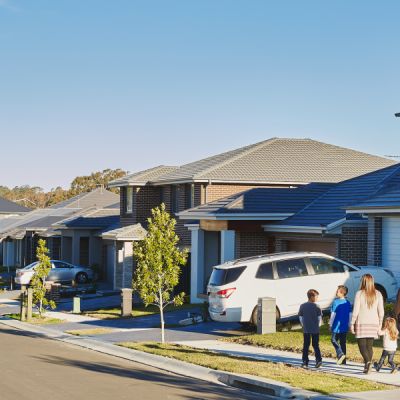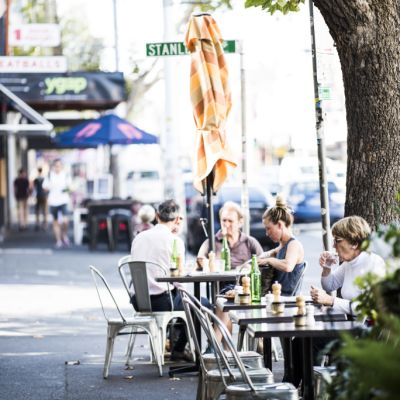Why my community Facebook group is rapidly losing members
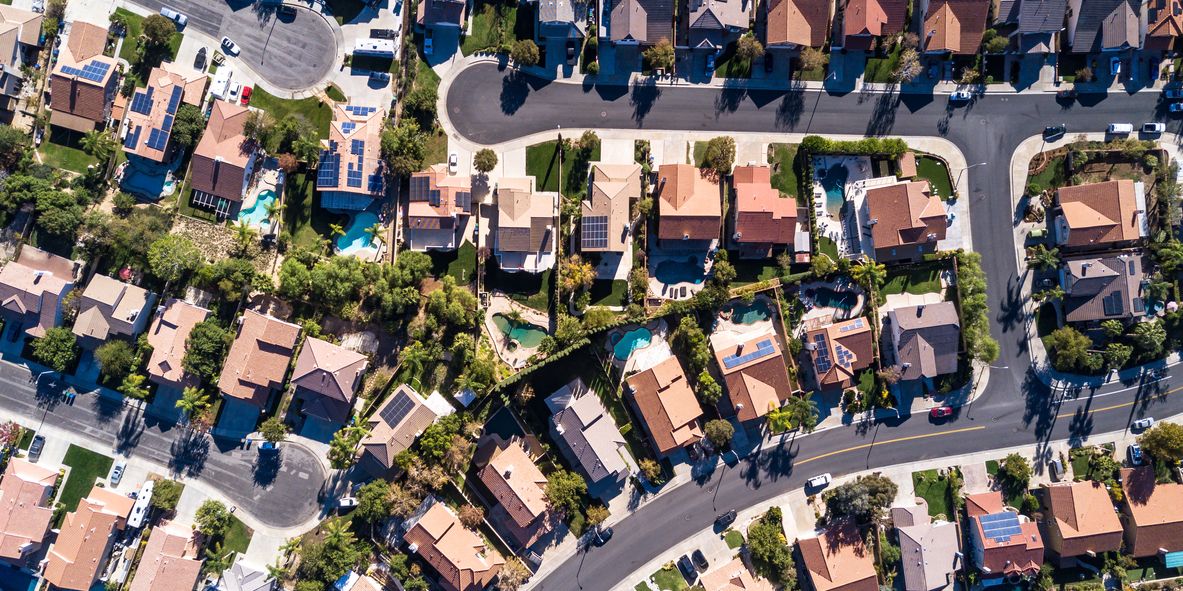
Like many communities, mine has a closed Facebook group for locals – and it’s quickly losing members.
The group has a lovely purpose: there are lots of posts about lost dogs and fire danger ratings, local events and questions about whether anyone has phone or internet reception. (It’s a country town, so the answer to the latter is generally no.)
But the largest topic covered in the group is, by far, whingeing. Hence the loss of participants, who are sick of reading a bunch of daily posts that find fault in everything.
The posts include complaints about “young people” at the skate park, a random person who parked badly, a dog having done its business out the front of someone’s house, and whether that person drove too fast down a street the other day.
Not to mention the fights over which businesses share promotional posts and when, what classifies as self-promotion, and why people hate the direction that business is headed in.
One local community member recently posted an explanation before leaving the group: “Usefulness < negativity”.
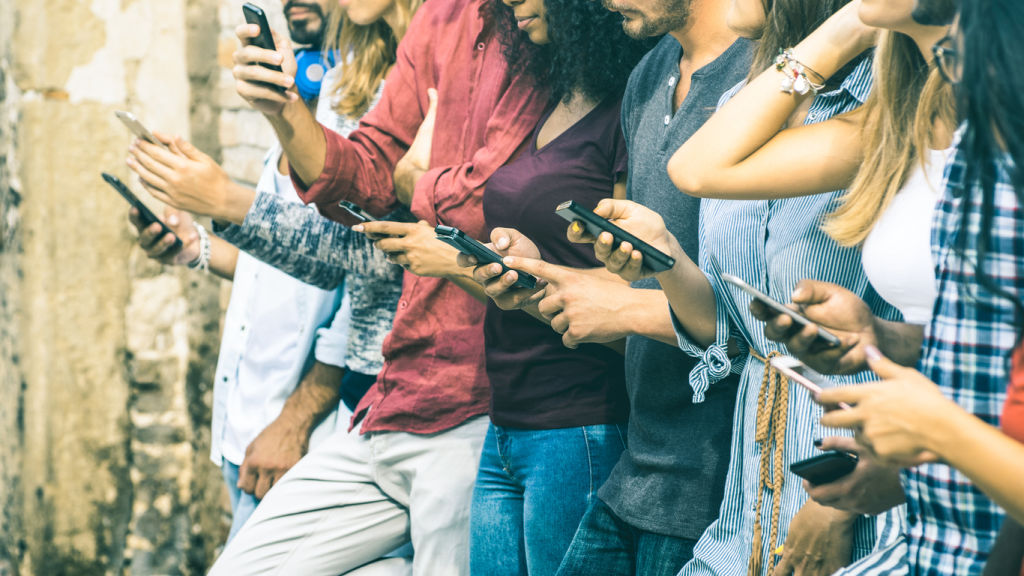
A few more who are friends of mine posted on their private pages after leaving the group: “I’m so relieved not to be part of that group any more.”
One couple I know cite the community group as the reason for them both leaving Facebook entirely. “We love where we live,” they told me, “but that group showed us that people turn nasty on social media. We just don’t need to see that side of our community.”
And that’s just the visible side to the Facebook group.
Community Facebook groups: what we don’t see
The scene is similar across the other side of Victoria, where Anne Morton* used to moderate her neighbourhood’s Facebook group.
She says, behind the scenes, moderating the group was stressful.
On one occasion, Morton decided to remove a conversation about a serious car accident that had happened nearby, in case too many details might cause distress to anyone who knew the people involved.
“So many people think they have a right to know all the details, forgetting that they’re on a public forum. They asked for the make and model of the cars involved, even who it was,” she says.
“People take things very personally on social media. Hiding or deleting a comment or a whole post was seen as a personal attack. There would then be messages going backwards and forwards with questions, demands and explanations.”
It all became too much a few months ago. “I left the admin role because I was getting messages and phone calls demanding I take sides in an argument between two local businesses.”
Maybe we shouldn’t be surprised by these stories of groups going wrong – after all, we know by now that communities online don’t always reflect how people behave in person.
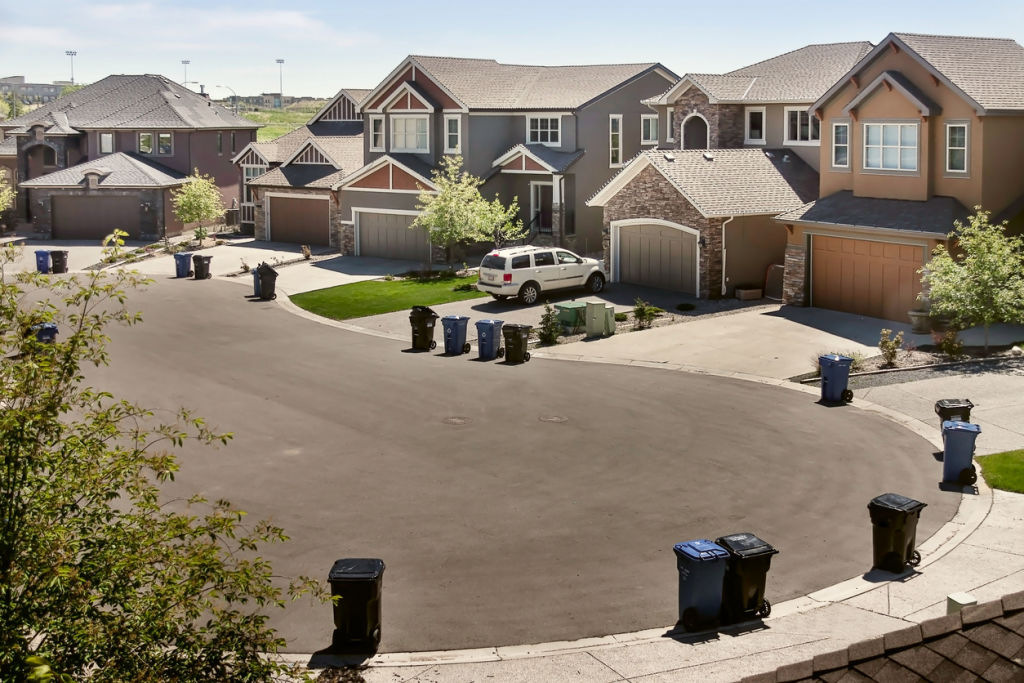
Dr Lauren Rosewarne, a senior social scientist at the University of Melbourne, says that such groups lull us into a false sense of security.
“Words like ‘community’ and ‘neighbourhood’ make us think that an associated Facebook group would be a nice place,” Dr Rosewarne says.
“This is delusional. Some of the most vicious disputes take place between neighbours. While such groups can be useful and supportive places, they can also be taken hostage by petty grievances.”
Is this an inevitable part of life online?
Nicholas Muscat moderates a Facebook group in his NSW neighbourhood and says while his experience has been mostly positive, the issues that come up tend to be quite serious.
For example, “Recently a photo was posted of a young guy who’d been beaten up – really graphic images. And in the comments there were accusations about who was responsible, even between his family members in the group.”
The situation left Muscat unsure what to do, but he took action as best he could. “In the end I deleted the entire post, because having that picture of a person in a vulnerable situation was a privacy issue.”
Dr Rosewarne adds that there’s always this risk when we take to social media communities. “All online spaces have the capacity to become toxic. Partly this is to do with the fact that people write things that they would never say in person because of the buffer of the screen.
“Real life angst between neighbours can easily continue online taking on an intensity – and vitriol – that blows the spat way out of proportion.”
So should you join (or even be an administrator for) your local community Facebook group? Go ahead – and take the positives with joy – but don’t expect it to be all sunshine and rainbows.
*Not her real name.
We recommend
States
Capital Cities
Capital Cities - Rentals
Popular Areas
Allhomes
More
